If you have just moved to Germany, you might find yourself wondering about the rules of the road, quite literally. Determining whether or not you are allowed to drive in Germany is more complicated than you might think, but this article will explain all you need to know so you can race down the Autobahn clear and free.
Using a foreign licence
Many of the rules around driving as a foreigner in Germany are specific to your country of origin. If you carry a licence issued by a member state of the European Union (EU) or European Economic Area (EEA), you’re in luck.
As long as you are 18 or older (all foreign licence holders in Germany must be at least 18 years old), your licence will remain valid in Germany until it expires. Exceptions apply to holders of Class C and D (truck or bus) licences, which have a more limited period of validity. And while you cannot renew your foreign licence in Germany, you can request a German licence for a fee of around €35, which is useful if your licence is set to expire or is no longer valid.
READ ALSO: How do I convert my foreign driver’s licence into a German one?
If your licence was not issued by a member of the EU or EEA, brace yourself for some bureaucratic hurdles. For the first six months after you have registered your address in Germany, you can still use your foreign driver’s licence, though in some cases, you may need to acquire an official German translation.
If you are planning to stay in Germany less than twelve months, you can also request an extension of that six-month period until your date of departure at your local driving licence office (Verkehrsamt or Führerscheinstelle).
If you will be living in Germany for longer than twelve months, however, you will need to obtain a German driver’s licence within the first six months of registering your address.
READ ALSO: How much does it cost to get a driving licence in Germany?
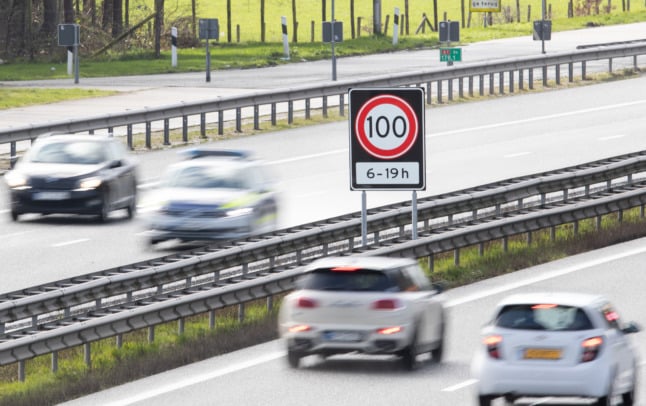
Obtaining a German licence
The process for obtaining a German licence becomes more or less complicated depending on where your original licence was issued. Germany has a reciprocity agreement with several countries which means licence-holders from those countries generally do not need to take a theory or road test to acquire a German licence.
If you are from one of these countries, which include the UK, Japan, Namibia, and New Zealand, you can simply have your licence converted by setting up an appointment and submitting documents at your local Verkehrsamt. In addition, all Canadian provinces and territories except Nunavut, 27 U.S. states, and Puerto Rico also have full reciprocity agreements with Germany.
READ ALSO: What you need to know about getting a German driving licence
Meanwhile, ten other U.S. states and Washington D.C. have partial reciprocity agreements with Germany. With a licence from one of these states, which include Florida and Connecticut, you will be able to bypass the road test, but you will still have to take the theory test to receive a German licence. The list of countries and states that have a full or partial agreement with Germany can be found here.
If you see that your country or state has a full agreement with Germany, your next step is to make an appointment at the Verkehrsamt responsible for the place of residence where you live. This office is typically located at your local Bürgeramt, and appointments can be made either online or over the phone.
Ahead of your appointment, check your city’s website for the documents you should bring. You will likely need your certificate of registration (Anmeldung), your passport, a biometric photograph, your original driver’s licence, an official German translation of your licence (unless the Verkehrsamt waives this requirement), and a statement declaring that your original licence is valid.
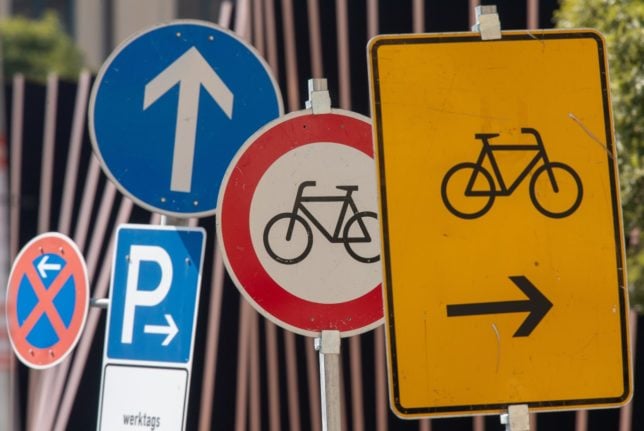
Licence holders from three U.S. states – Texas, Indiana, Minnesota – and all Australian states except for South Australia, Tasmania, and Victoria, will also need to bring an eyesight test certificate. If the Verkerhrsamt approves your documents, you will typically get your licence four to six weeks later.
If you are from a country or one of the thirteen U.S. states, like California or New York, that does not have a reciprocity agreement with Germany, you will have to take both a theoretical written exam and a road test. In addition, you will need to obtain and submit an eye sight test certificate and a first aid training certificate.
Taking the written and road test
To secure a German licence if you are from a country or state that does not have a full reciprocity agreement, enrolling at a German driving school (Fahrschule) is essential. Fahrschulen are responsible for administering both the theoretical and practical tests. Fahrschulen also offer various driving courses, and some offer lessons in English. If you are new to driving, you can sign up for a full course, which can set you back between €1,000 and €2,000. But most schools also offer cheaper, modified instruction (around €500) for those who already have a foreign licence, and just need to prepare for the tests in Germany.
READ ALSO: ‘A year-long ordeal’: What I learned from getting my driving licence in Berlin
Farschulen can also help you register for an eye test and first aid certification course. Once you’ve gotten the eye test and first aid certification documents, and gathered the other documents listed above (Anmeldung, passport, etc.), you can set up a licence application appointment at your local Verkehrsamt. During that appointment, the office will evaluate your documents. If approved, you can move on to the next step: the written test.
You must complete this test within twelve months of your application for the licence. Before taking it, though, you will want to take a few preparatory courses at your driving school, or at least download an app that can help you prepare for the questions, as around a third of people fail the test. Once you feel ready, your school will arrange for you to take the test, which is available in thirteen languages.
Your Fahrschule will also arrange the road test, which you must take within twelve months of passing the theory test. Most Fahrschulen will require that you take a minimum amount of driving lessons to ensure you will pass the test. Once your driving instructor is confident you are ready for your road test, your Fahrschule will make an appointment. For the test, which is generally conducted in German, you will be accompanied by the examiner and your driving instructor.
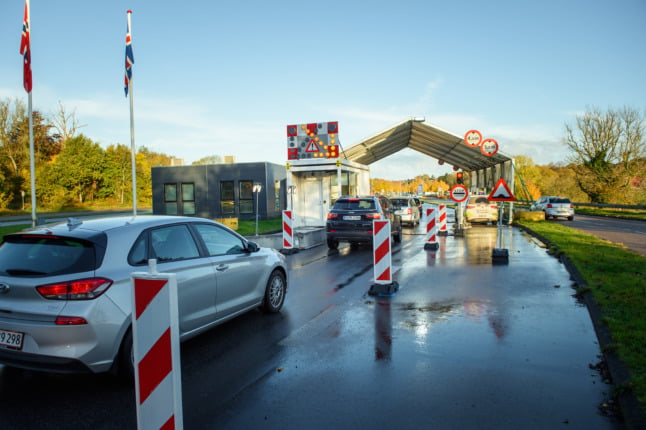
The test begins with a short oral exam, which is usually three to five questions related to the car’s functions. Then you will get behind the wheel for the driving portion, which lasts around 45 minutes and usually involves driving on different types of streets including the Autobahn, and performing maneuvers like turning, parking, and emergency braking.
After completing the test, the instructor will tell you immediately if you have passed or not. If you have passed (congratulations!), you will get a temporary slip, and will be told when you can pick up your official licence at your local Verkehrsamt (usually a few weeks later). Your licence will be valid for fifteen years. If you do not pass the first time, don’t worry: you can usually retake the test after two weeks have passed.
Don’t procrastinate!
While the process for getting a German licence may seem daunting, especially if there are tests involved, be sure not to put it off for too long. If you do not obtain your licence within three years of establishing residency in Germany, you may have to start from scratch, which means compulsory driving and theory classes.
After reading this article, though, you have all the information you need to avoid that fate. Viel Erfolg!

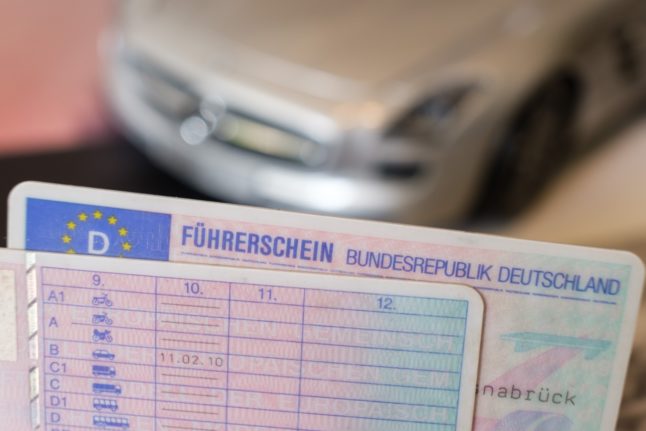
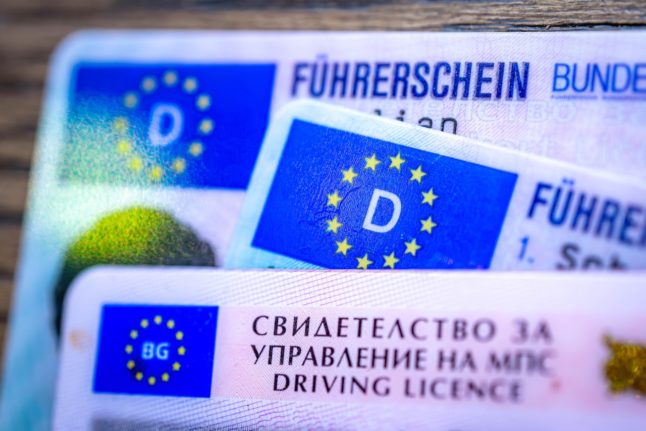

 Please whitelist us to continue reading.
Please whitelist us to continue reading.
Member comments